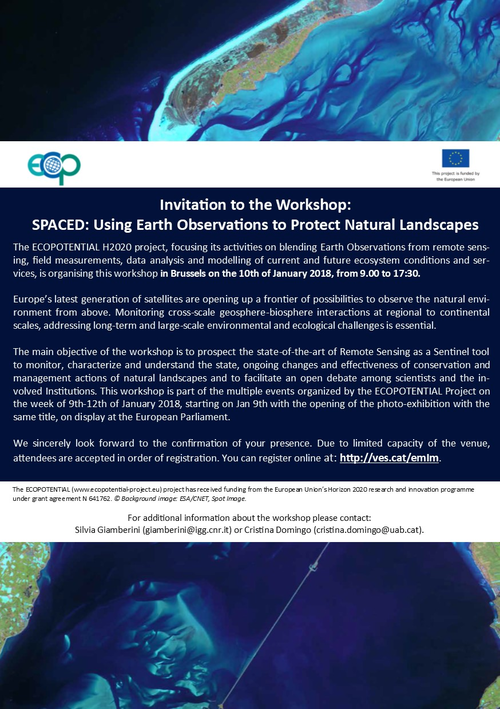Just accepted, a new paper in Conservation Letters looks at the barriers and solutions to the use of conservation science in policy. The main data used in the paper are from a global multi-lingual survey filled in by 758 research scientists, practitioners, or people in policy positions, executed as part of the EU BON project.
"The most interesting result from our study is that there is agreement (perhaps surprisingly!) between research scientists, practitioners, and people in policy positions about the main barriers preventing the use of conservation science in policy. Although barriers such as lack of policy relevant science, lack of understanding of science on the part of policy-makers, and limited awareness of policy processes from researchers, featured in the top-ten barriers included in the online survey, they were not the most highly ranked," shares lead author David C. Rose in a dedicated post on his blog Academic Optimism.
Read more in the blog post: https://academicoptimism.wordpress.com/2018/04/22/overcoming-the-barriers-to-the-use-of-conservation-science-in-policy-time-for-action/
The original research is available at: https://doi.org/10.1111/conl.12564
Abstract:
Conservation policy decisions can suffer from a lack of evidence, hindering effective decision‐making. In nature conservation, studies investigating why policy is often not evidence‐informed have tended to focus on Western democracies, with relatively small samples. To understand global variation and challenges better, we established a global survey aimed at identifying top barriers and solutions to the use of conservation science in policy. This obtained the views of 758 people in policy, practice, and research positions from 68 countries across six languages. Here we show that, contrary to popular belief, there is agreement about how to incorporate conservation science into policy, and there is thus room for optimism. Barriers related to the low priority of conservation were considered to be important, while mainstreaming conservation was proposed as a key solution. Therefore, priorities should include the elaboration of public policy pathways with education initiatives that promote the importance of long‐term conservation‐compatible policies.
The ECOPOTENTIAL H2020 project, focusing its activities on blending Earth Observations from remote sensing, field measurements, data analysis and modeling of current and future ecosystem conditions and services, is organizing this workshop in Brussels on the 10th of January 2018, from 9.00 to 17:30.
The main objective of the workshop is to prospect the state-of-the-art of Remote Sensing as a Sentinel tool to monitor, characterize and understand the state, ongoing changes and effectiveness of conservation and management actions of natural landscapes and to facilitate an open debate among scientists and the involved Institutions. This workshop is part of the multiple events organized by the ECOPOTENTIAL Project on the week of 9th-12th of January 2018, starting on Jan 9th with the opening of the photo-exhibition with the same title, on display at the European Parliament.
Registration: http://ves.cat/emIm
Event's website: http://www.ecopotential-project.eu/2015-08-19-15-19-05/2015-10-16-13-48-29/205-spaced-using-earth-observations-to-protect-natural-landscapes.html





 RSS news
RSS news


